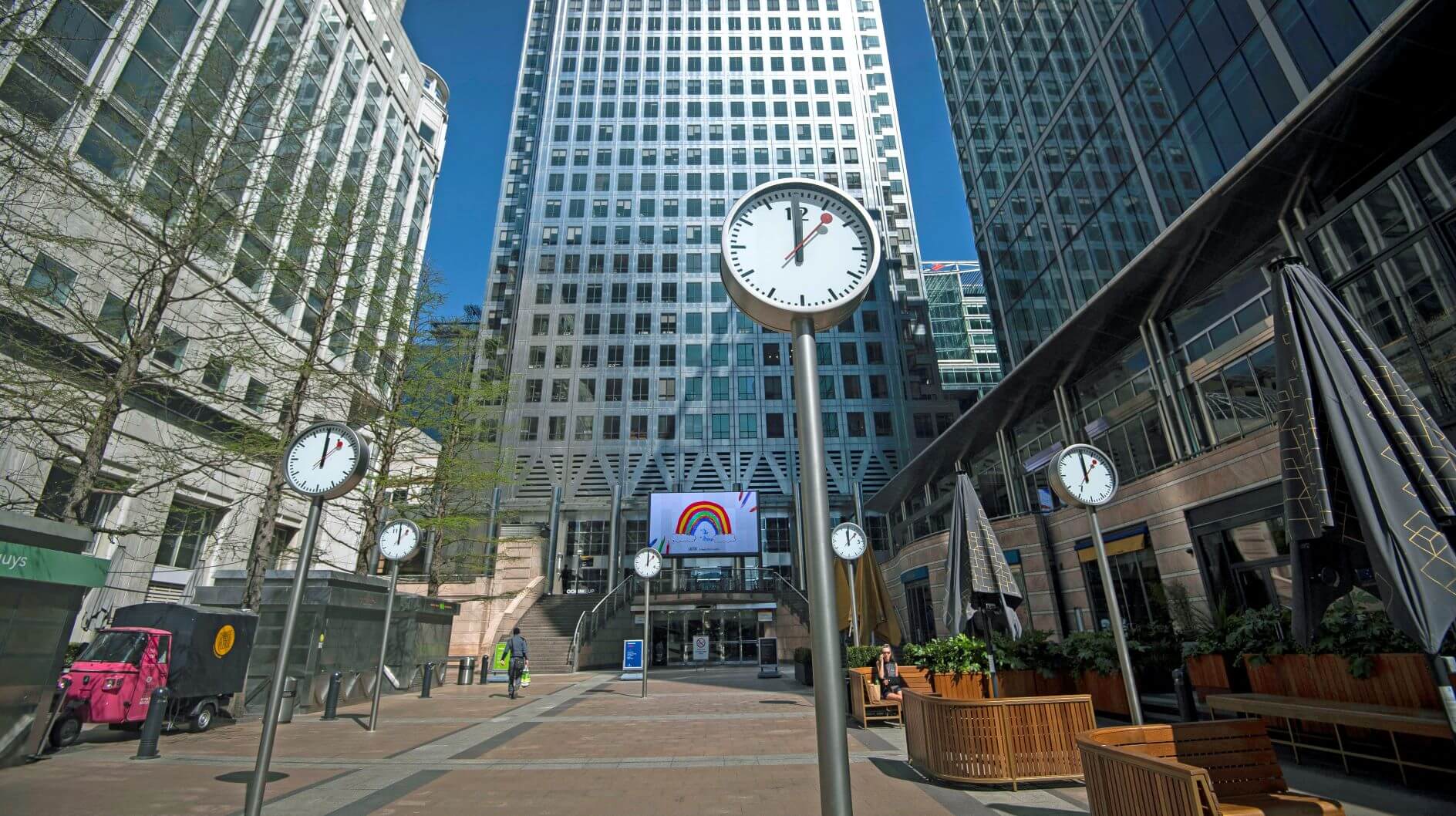
Annual pay rises agreed at British workplaces steadied last month at a historically high rate but fell further behind soaring inflation, according to another survey on Tuesday that suggested fears of a wage-price spiral may be overdone.
XpertHR, a pay and personnel data publisher, said employer pay deals for the three months to May stood at a median 4%, unchanged from the previous month.
While jointly the highest reading since 1992, it was a long way behind consumer price inflation of 9% in April.
XpertHR's report followed a Bank of England business survey that showed employers surveyed in May were not planning a further acceleration in pay rates.
"Despite pay awards reaching record levels not seen for 30 years, any marginal increases we are seeing are outstripped by the sheer pace of inflation," said Sheila Attwood, pay and benefits editor at XpertHR.
More than 50,000 British rail workers are due to launch their biggest strike in 30 years on Tuesday in protest at pay freezes and job cuts, in what unions bill as the start of a possible "summer of discontent" with teachers, medics and even barristers moving towards industrial action.
Prime Minister Boris Johnson has spoken of the need for a high-wage economy but earlier this month warned that the risk of a damaging wage-price spiral - where wages chase rising prices in a self-reinforcing cycle - needed to be averted.
A letter on Friday sent to Johnson by 67 economists said there was no wage-price spiral underway in Britain and that keeping wages down would risk recession.
Changing jobs is a key method of increasing pay and on Monday the Chartered Institute of Personnel and Development, a trade body, said 20% of workers were considering quitting their jobs - up from 16% a year ago.
"CIPD is calling for employers to not treat pay increases as a 'silver bullet' for attracting and retaining staff, but instead look at overall job quality by being more creative with job design and people management practices," the group said.
Official labour market data have brought mixed news of late.
Britain's jobless rate rose for the first time since late 2020 and other measures of the country's hot labour market cooled.
While headline rates of annual pay growth have risen to historic levels, momentum in private sector earnings growth has slowed over the most recent months.
(Reporting by Andy Bruce)
Thanks for signing up to Minutehack alerts.
Brilliant editorials heading your way soon.
Okay, Thanks!

